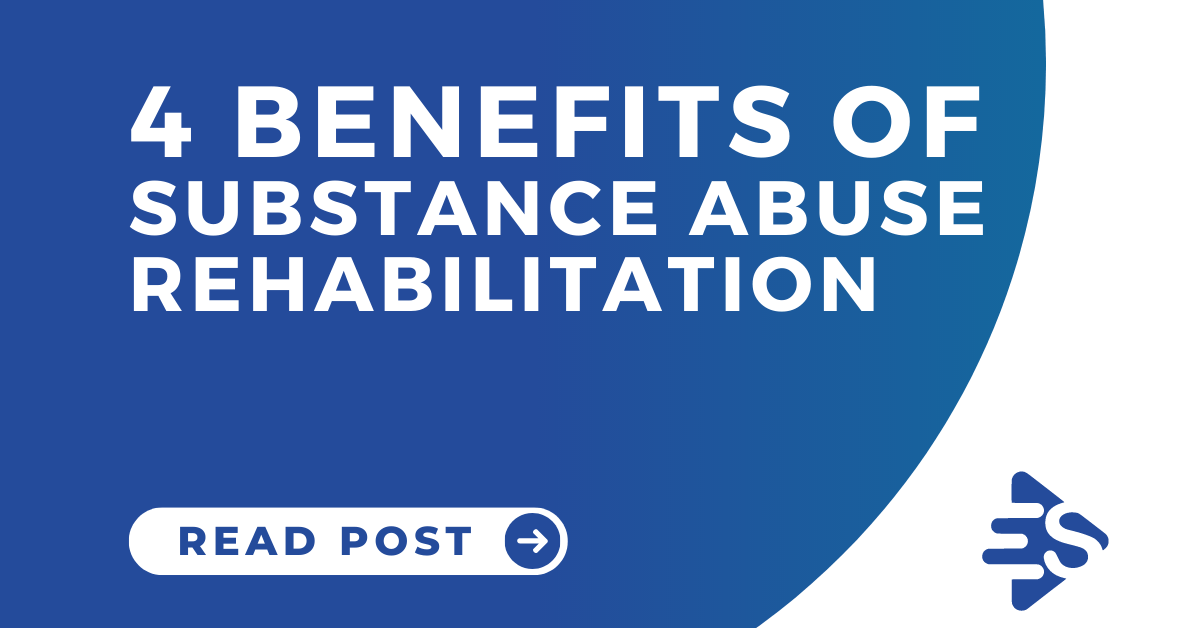Narconon Africa Fundamentals Explained
Narconon Africa Fundamentals Explained
Blog Article
Narconon Africa Fundamentals Explained
Table of ContentsNarconon Africa Fundamentals ExplainedNarconon Africa for Dummies8 Simple Techniques For Narconon AfricaThe Buzz on Narconon AfricaNarconon Africa - An Overview6 Easy Facts About Narconon Africa ExplainedThe 6-Minute Rule for Narconon Africa
In a series of documents with Manudeep Bhuller and Katrine V. Lken, we conquer these data obstacles and the nonrandomness of imprisonment, offering brand-new understandings into how imprisonment affects regression, employment, youngsters, and criminal networks - Life skills training. Number 1 Our work studies the impacts of imprisonment in Norway, a setup with 2 key advantagesWe can better connect this details to various other relative, consisting of youngsters and brother or sisters. We have details on co-offending that permits us to map out criminal networks for observed criminal activities. Second, we can utilize the random task of criminal situations to judges who vary in their tendencies to send out accuseds to prison.
Yet some courts send defendants to prison at a high price, while others are extra tolerant. We gauge a judge's stringency as the average incarceration price for all other situations a judge manages, after controlling for court and year set results, which is the level of random assignment. This quasi-random assignment of court stringency can be utilized as an instrument for imprisonment, as it highly predicts the court's choice in the present case, yet is uncorrelated with other case features both by style and empirically.
Narconon Africa Fundamentals Explained
Attributes of detainees, including demographics and criminal offense groups, are broadly similar in Norway and other nations, consisting of the United States, with the exceptions that the US homicide price is a lot greater, and race plays a larger function there. What attracts attention as different, particularly contrasted with the USA, is the jail system.
Figure 2In Norway, the ordinary time invested in jail is a little over six months, which is similar to most other Western European countries. This contrasts with typical United States jail time of almost three years, which is in big part the reason the United States is an outlier in its incarceration rate contrasted with the remainder of the globe [Figure 1]
Everything about Narconon Africa
This gives far more separation between minor and hardened offenders than exists in the USA. There is no overcrowding in Norwegian prisons and better individual safety and security, with each prisoner being appointed to their own cell and a higher inmate-to-staff proportion than in the USA (https://www.merchantcircle.com/blogs/narconon-africa-louisville-ky/2024/6/50-YEARS-Saving-Lives-from-Drugs/2740632). Prisons in Norway likewise use well-funded education and learning, medicine therapy, psychological health, and job training programs
Our research study on the impacts of imprisonment on the transgressor, making use of the arbitrary assignment of judges as an instrument, yields 3 key findings. Jail time inhibits better criminal actions. We locate that imprisonment decreases the chance that a person will reoffend within five years by 27 percentage points and lowers the equivalent variety of criminal costs per person by 10 fees.
Narconon Africa Things To Know Before You Buy
We discover sizable reductions in reoffending probabilities and cumulative charged criminal activities even after offenders are released from jail. Our 2nd result is that predisposition because of option on unobservable individual qualities, if neglected, brings about the erroneous verdict that time invested behind bars is criminogenic. If we simply compare criminal defendants imprisoned versus best site those not sent out to prison, we locate positive organizations between imprisonment and subsequent criminal offense.
This stands in comparison to our analysis based upon the random task of judges, which finds an opposite-signed result. Third, the decrease in criminal offense is driven by people who were not working before imprisonment. Among these individuals, jail time enhances engagement in programs guided at improving employability and minimizing regression, and this eventually elevates employment and earnings while discouraging criminal habits.

Jail time triggers a 34 percentage factor rise in involvement in job training programs for the formerly nonemployed, and within 5 years their work rate rises by 40 percentage factors. At the very same time, the possibility of reoffending within 5 years is reduced by 46 percentage factors, and there is a decline of 22 in the ordinary variety of criminal charges.
Some Known Questions About Narconon Africa.

A probable explanation for the difference is that Norway's prison system varies markedly, both in terms of prison-term size and prison conditions, from the US jail system. While recognizing the impacts of incarceration on the transgressor is a crucial initial step, recording spillover results is additionally crucial for examining criminal justice plan and designing effective jail systems.
The Best Strategy To Use For Narconon Africa

Regular the very least squares estimates reveal that kids of incarcerated daddies are 1 percent point most likely to be charged with a criminal activity, about a mean of 13 percent, and show no result on college grades. Utilizing our judge stringency instrument, we discover no analytical proof that a dad's imprisonment affects a kid's very own criminal offense or institution qualities, but we are not able to eliminate modest-sized results.
Some Known Factual Statements About Narconon Africa
We specify criminal teams based on network links to prior criminal situations. When a criminal network participant is put behind bars, their peers' likelihood of being charged with a future crime lowers by 51 percentage factors over the next 4 years - https://www.slideshare.net/narconon0346.
Report this page